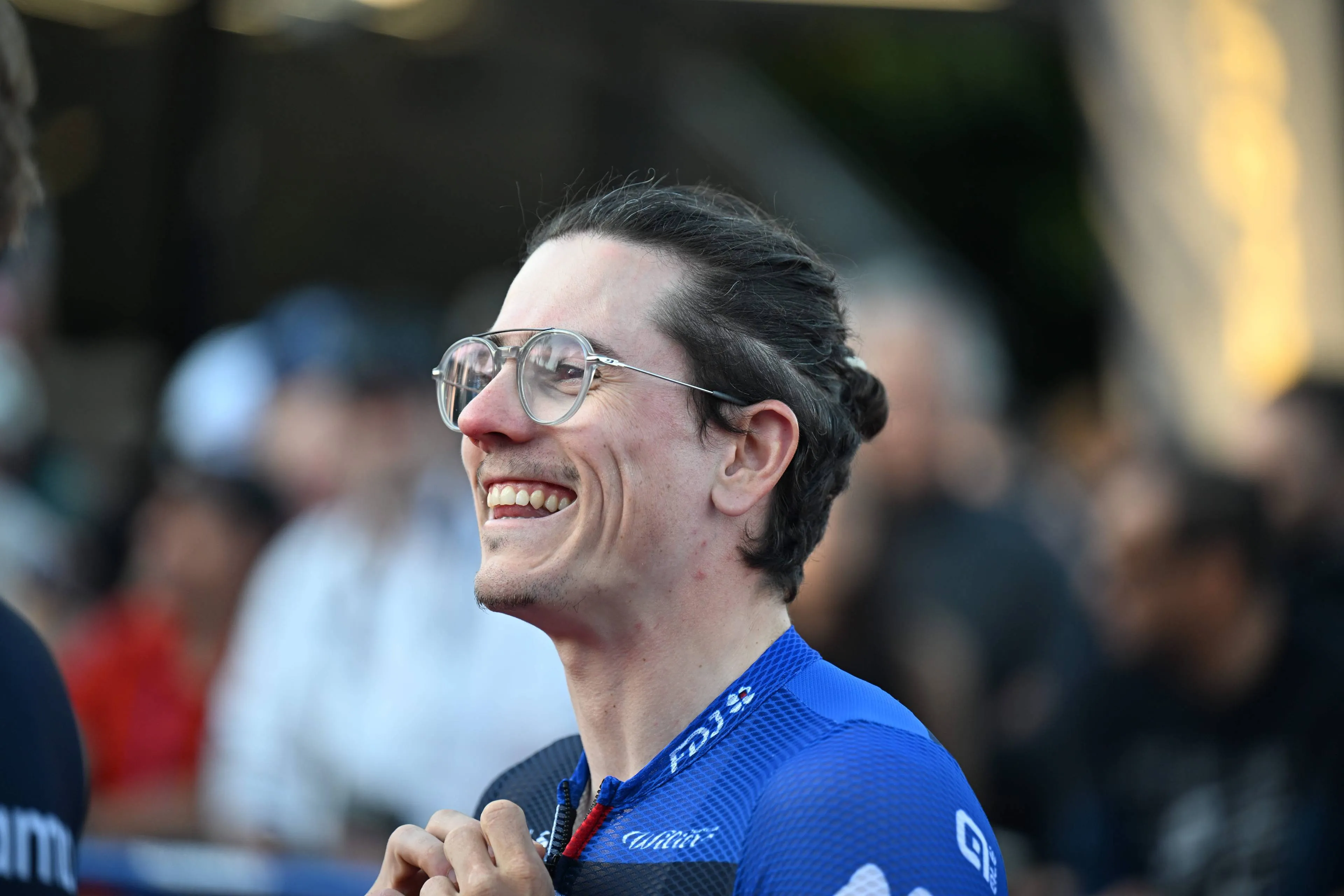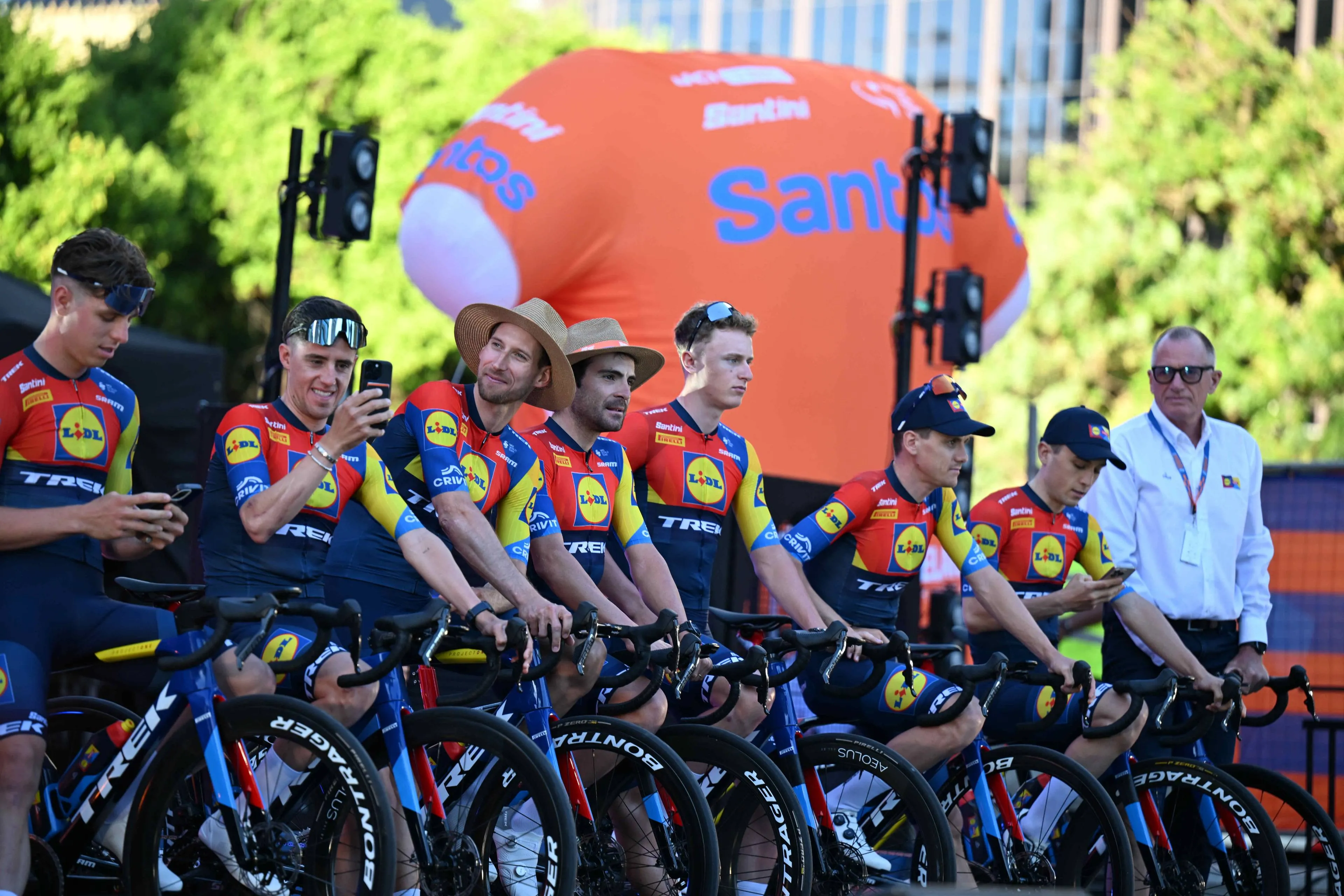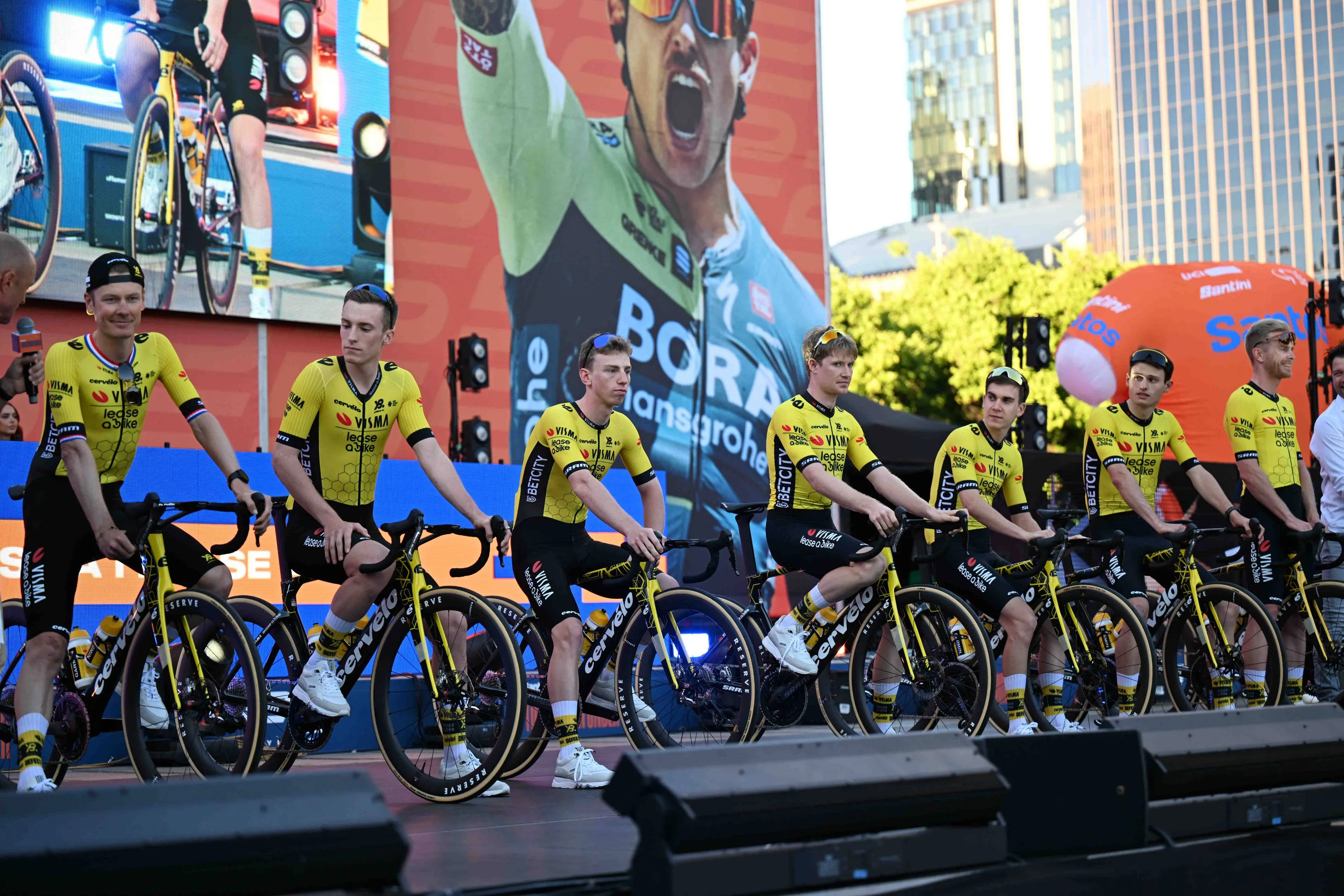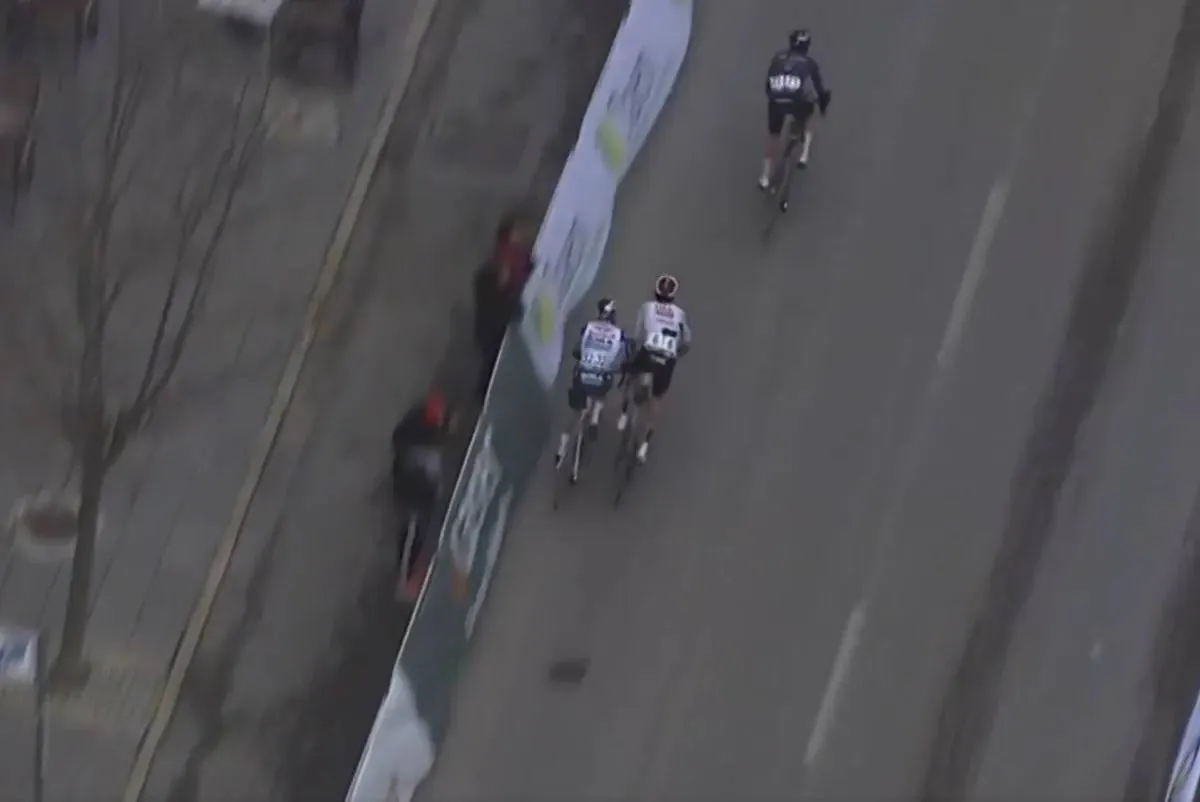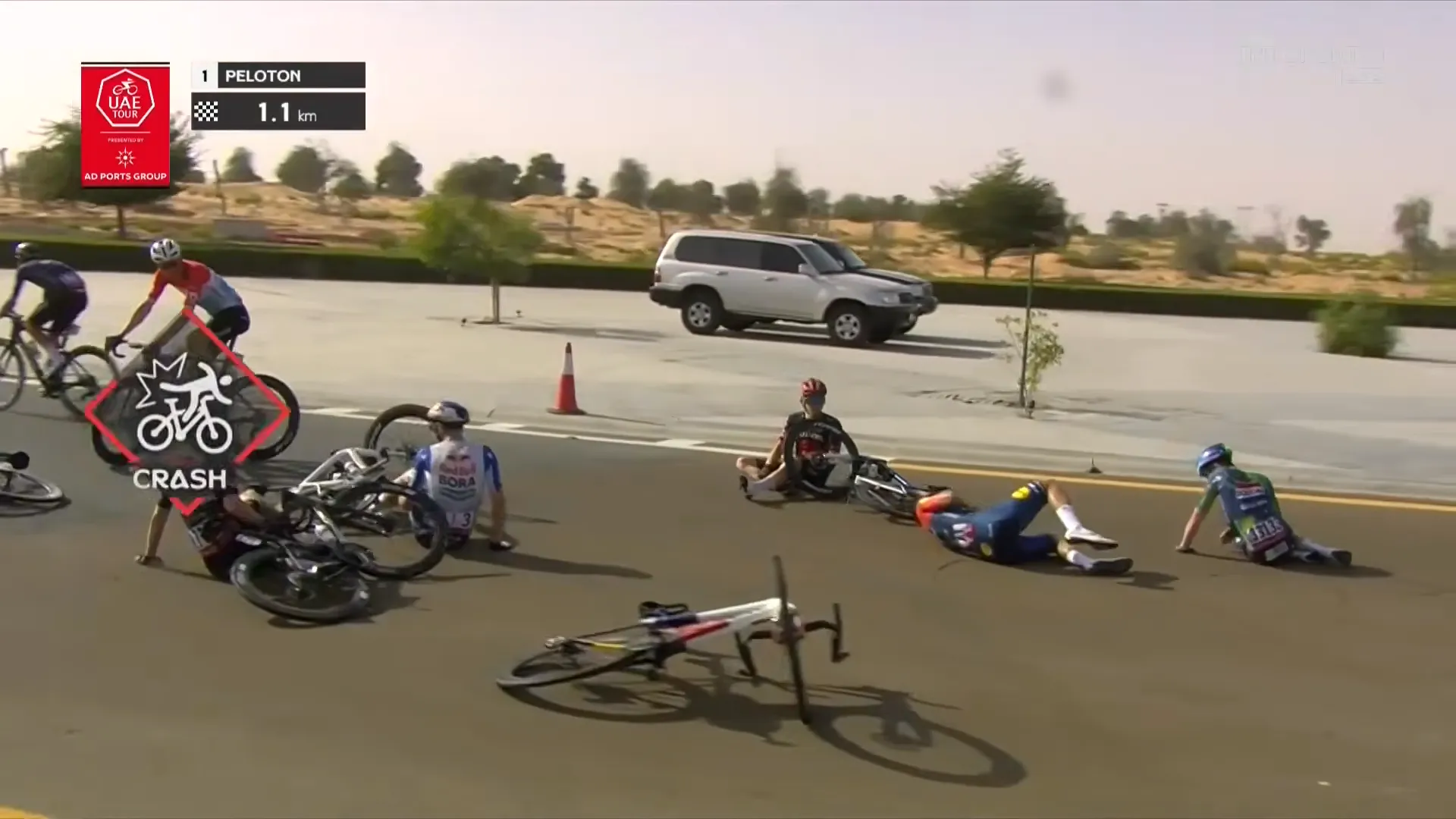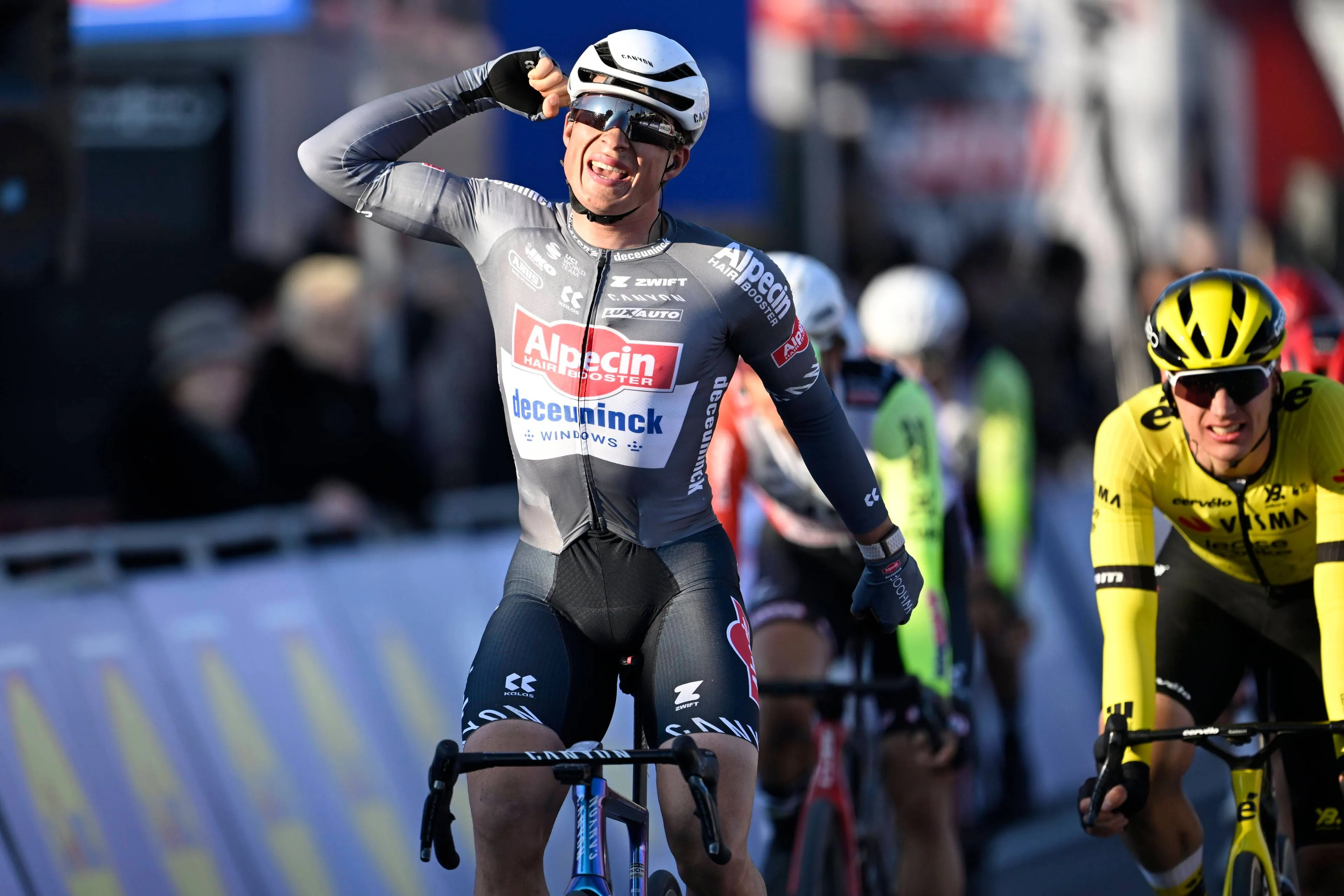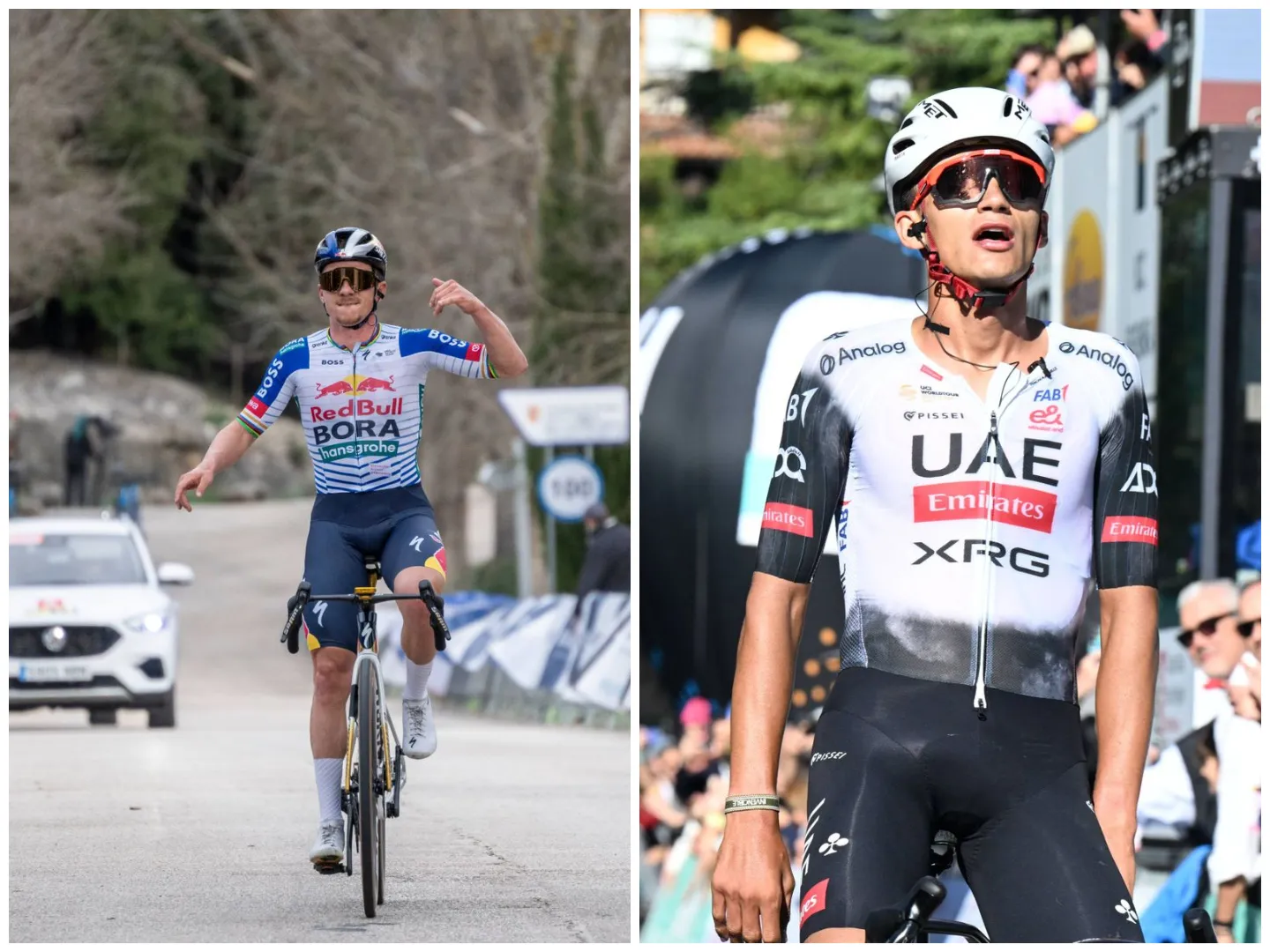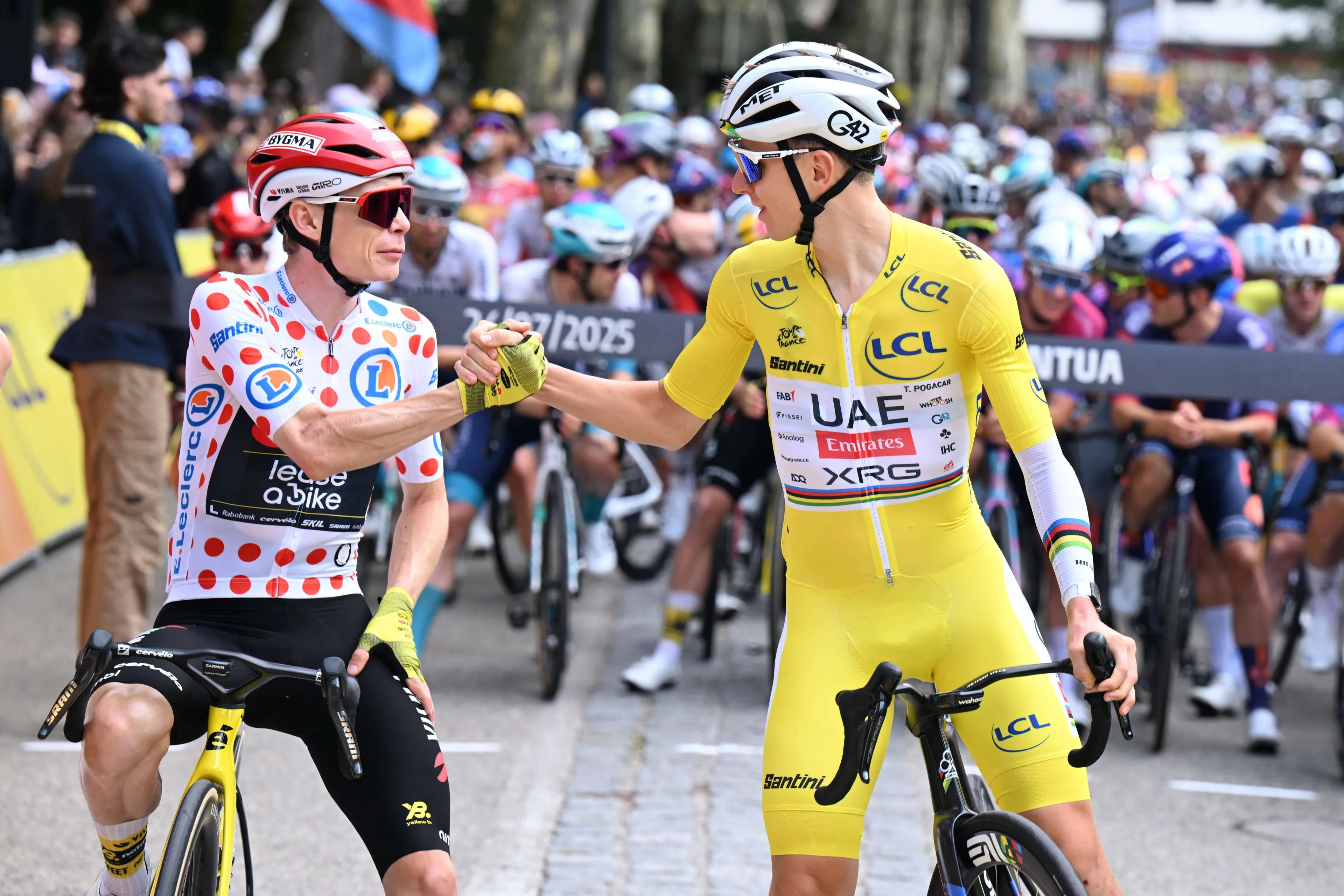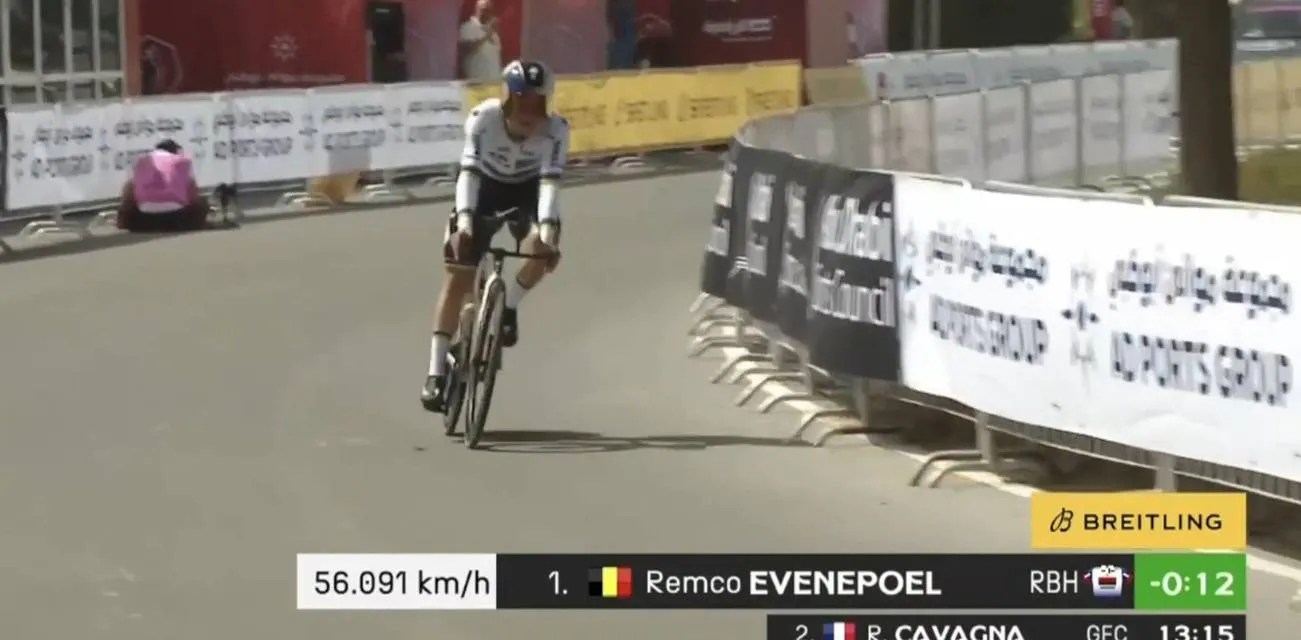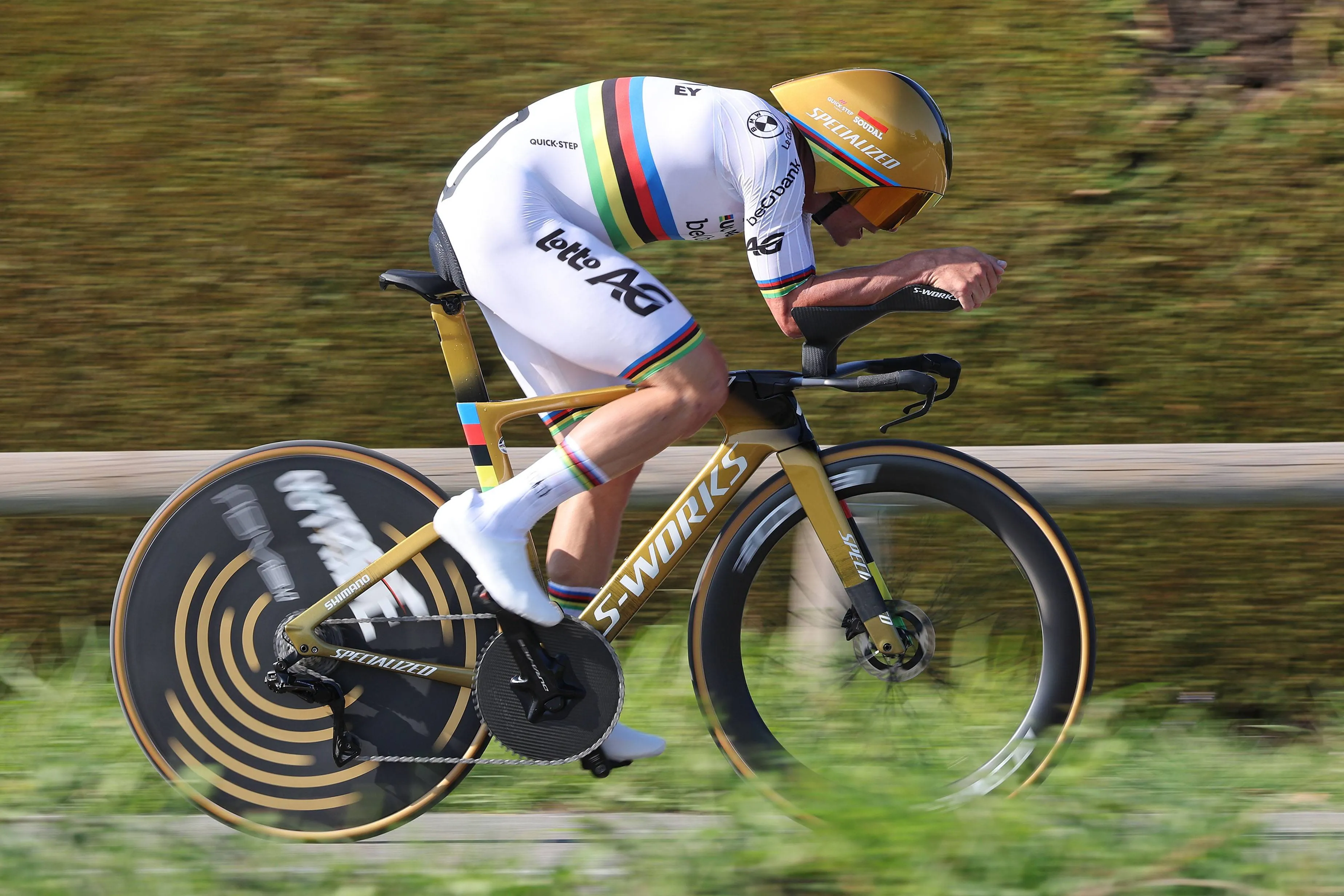Jonas Vingegaard blames UCI, organizers but also riders for safety problems: "Sometimes we fight for position for a bend that goes nowhere"
CyclingTuesday, 11 March 2025 at 12:30

Safety in cycling is becoming more and more of a problem. Whilst measures are being taken to increase it, the amount of crashes has been drastically increasing and in 2025 it is hard to go by a single race that doesn't feature several falls. The blame can't be shifted to any single person or organization, but rather it's everyone's responsibility, according to Jonas Vingegaard.
The Dane himself was at the risk of losing his life last year in the Basque Country, suffering multiple and serious injuries after crashing at high speed against a rock. It was the single worst crash of the year when it came to the riders it affected, leading to Remco Evenepoel and Primoz Roglic's withdrawal from the race as well. "To be honest, if my daughter or son asks that question – 'daddy, can we race?' – the answer is ‘no’. The way the sport is now… It’s just too dangerous," Vingegaard told Het Nieuwsblad.
The Dane began his season at the Volta ao Algarve and although he managed to avoid crashes, he noticed right away just how much tension there is in the modern peloton. “We riders also fight and race at times when it is not really necessary. That was also noticeable in the Algarve: sometimes we fight for position for a bend that goes nowhere. Sometimes there is too little respect."
Read also
But then in other occasions, it's not fully the riders' fault either. In the opening stage of the race, the peloton steered off course and sprinted on a literal open road - which miraculously saw no incidents. However the mere possibility of this happening is a massive mistake, shared between all parties, but with a clear error on the part of the organizers that didn't make the race route clear enough.
"Something like this shouldn't happen in cycling, I think the organisers should take this seriously and the UCI as well," the Dane says. "It wasn't really clear where we had to go. In my opinion, in a sprint we have to have it clear where we have to go and where we should not go."
Often, most of the criticism falls on the UCI for failing to implement the necessary changes in due time, or not at all. It creates a complex situation where there is never an exact answer to be had. "In general, I would say that everyone in cycling needs to realize the scale of the safety problem. That is still not the case enough. And everyone has a responsibility: the riders themselves, the organisers and the UCI," he concluded.
Read also
claps 1visitors 1
Just in
Popular news
Latest comments
- Bad not as bad as Van Gills. Diamond cut diamond.BenAflec17-02-2026
- Karma is speakingBenAflec17-02-2026
- It will be the first day of 2026 that Remco's fanboys would go silent.BenAflec17-02-2026
- Jan Christen is not a good sportsman
 Rafionain-Glas17-02-2026
Rafionain-Glas17-02-2026 - What makes Tadej Pogacar-Pogi the best cyclist of this century: Unwavering passion and love for cycling ... Unrelenting drive and determination ... Exceptional physical and mental strength ... Inspiring leadership and teamwork ... Humility and dedication to his craft.Mou-Cro-HR17-02-2026
- Jordan Stolz is a high class professional speed skater, currently No.1 in the world. As a real sportsman he adores Pogi, because Pogi is also a real sportsman, with his heart and soul. That's why Pogi is a celebrity on the bike. His personality off the bike also makes many admire the Slovenian cyclist. The Slovenian sensation has taken the cycling world by storm! With his fearlessness, exceptional skill, and unwavering dedication, Tadej has cemented his position as the King of Cycling. Jordan Stolz not only knows that, but also feels it in his heart and soul.Mou-Cro-HR17-02-2026
- Remco is poorly positioned so oftenmij17-02-2026
- Klaebo is my dream in the crossover cycling/other sport, I've added you now.
 maria2024202417-02-2026
maria2024202417-02-2026 - 1 to watch for the future..
 leedorney17-02-2026
leedorney17-02-2026 - This guy has more excuses than Lewis Hamilton.....😂
 Senna196017-02-2026
Senna196017-02-2026
Loading
Write a comment
